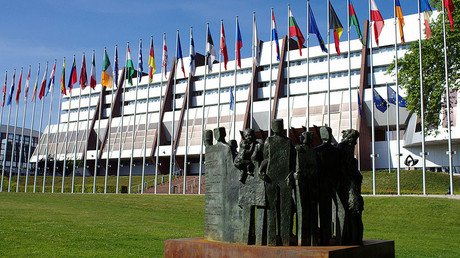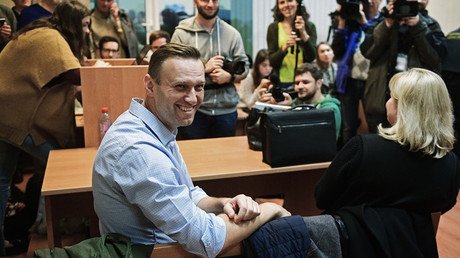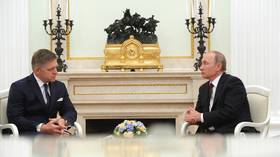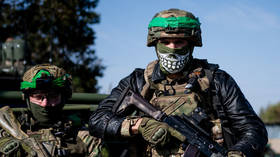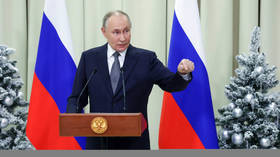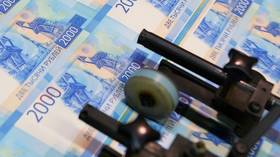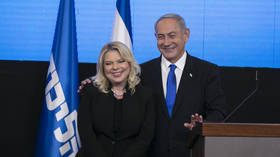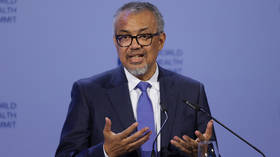Russia mulls freezing membership in European Human Rights Court
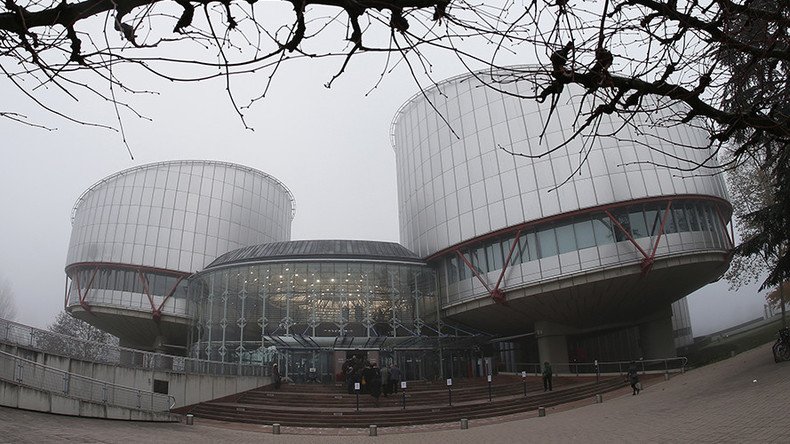
Russia could soon suspend its membership in the European Court of Human Rights, saying that current regulations prevent it from having any influence on the organization, including voting on the election of judges, according to reports.
Popular Russian daily Izvestia on Monday quoted several unnamed sources in the Russian State Duma as saying that the final decision is likely to be made on October 27 at the first hearing of the 2018 budget.
“The situation in the Council of Europe is now paradoxical – the European Court of Human Rights (ECHR) can issue rulings concerning Russia and Moscow, in turn, has no opportunity to influence the work of this body. If Russia is not given back the right to voice its position during the elections of ECHR judges it would freeze its membership and payments,” one of the sources told the newspaper.
“If Russia is not participating in the process of judges’ elections, why should we observe the ECHR rulings? Many fail to notice it, but this was the major factor that influenced the decision to freeze the annual payments to the Parliamentary Assembly of the Council of Europe (PACE). The Council of Europe must take back all of its discriminatory demands, especially the bans imposed on Russia in ECHR-related affairs. Otherwise I see no grounds for continuation of our participation in this court body,” the source added.
Deputy chair of the upper house Committee for International Relations, Senator Aleksey Chepa, said in comments with RIA Novosti that the scenario in which Russia freezes payments to ECHR was possible. “It would be based on the actions performed by the European MPs who had ousted us from all possible discussions. In such a situation why should we participate there at all, without being a full-pledged member? These are all links of the same chain and this is a viable option,” he said.
Another deputy head of the upper house Committee for International Relations, Senator Vladimir Dzhabarov, said that the ECHR’s attitude to Russia was a violation of the rights of a sovereign state, claiming that many of the court’s recent decisions were clearly politicized and biased.
“If this prejudiced attitude to Russia continues we will freeze our payments and leave the ECHR. There is nothing horrible about it – before the mid-1990s we had not participated in ECHR’s work and yet we were doing OK,” the senator told Izvestia.
Russia parted ways with the Council of Europe’s Parliamentary Assembly (PACE) in 2014, after the European organization stripped the Russian delegation of its voting rights and banned it from participating in ruling bodies or monitoring missions until the end of that year, over Russia’s alleged role in the political crisis in Ukraine. The sanctions were prolonged in 2015 and 2016.
In response, the Russian delegation ceased any participation in PACE sessions, with lawmakers considering it impossible to resume discussions while the sanctions were in force. Russia also passed a parliamentary resolution stating that nations that have repeatedly violated international law and caused thousands of casualties have no moral right to judge Russia or impose sanctions on it.
In late June this year, the Russian Foreign Ministry released a statement in which it informed the secretary general of the Council of Europe that the annual payment to the organization, which roughly corresponds to Russia’s contribution to the PACE budget – about €11 million (US$13 million) – would be suspended until the rights of Moscow’s delegation are fully restored. In September, deputy speaker of the State Duma, MP Pyotr Tolstoy (United Russia), told reporters that Moscow won’t unfreeze the payments unless PACE adopts a regulation that would rule out discrimination against national delegations.
